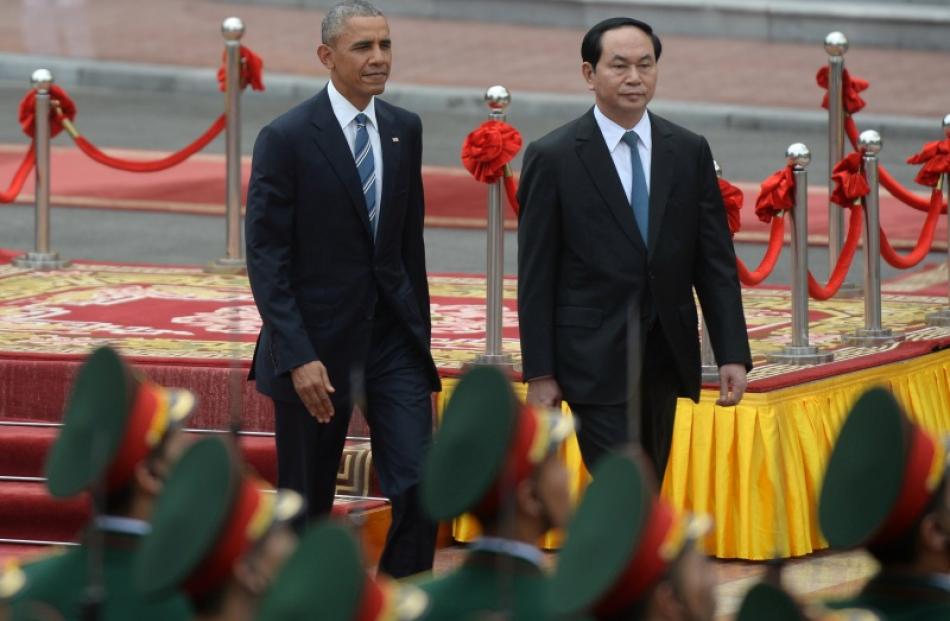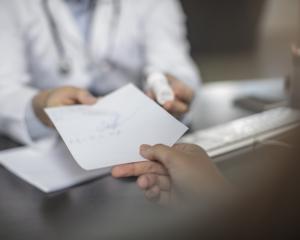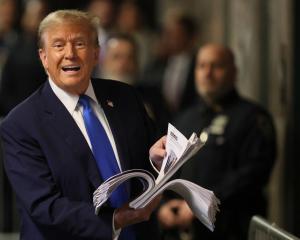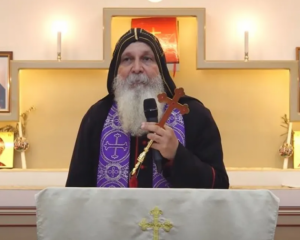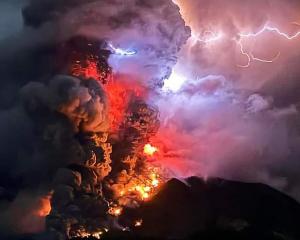US President Barack Obama has begun his first visit to Vietnam.
The visit is part of his strategic "rebalance" towards Asia that could bring more overtures to a former enemy to boost its defence capability at a time of rising South China Sea tension.
Underlining the burgeoning commercial relationship between the two countries, one of the first deals signed on his trip was an $US11.3 billion ($NZ16.6 billion) order for 100 Boeing planes by low-cost airline VietJet.
But the run-up to the visit was dominated by a debate in Washington DC about whether to remove a decades-old lethal arms embargo on Hanoi and give it easier access to procurements of US military technology.
The ban was partially eased in late 2014 but analysts say scrapping it completely is a gamble that could impact US bargaining power with a potential Asian ally that it has long been pressing to get serious about human rights.
Most top US aides favour at least easing the embargo further. They argue that Washington needs to demonstrate tangible support for Hanoi's efforts to build its deterrent against neighbour China, people familiar with the discussions said.
Obama, the third US president to visit Vietnam since ties were restored in 1995, has made closer diplomatic and military cooperation with countries across the Asia-Pacific a centerpiece of his foreign policy.
Obama met President Tran Dai Quang as his visit began and will meet Prime Minister Nguyen Xuan Phuc and Communist Party chief Nguyen Phu Trong, the two others in Vietnam's triumvirate of leaders.
In remarks to Quang, who until recently was head of the country's internal security agency, Obama congratulated him on the "extraordinary progress" Vietnam had made.
"Whether we are talking about commercial and economic ties, or military-to-military consultations, or humanitarian work, or our legacy of war issues ... across the board what we've seen is increased cooperation for the benefit of both our peoples," he said.
Though the communist parties that run China and Vietnam officially have brotherly ties, China's brinkmanship has forced Vietnam to recalibrate its defence strategy.
Even a partial lifting of the US arms embargo would carry political as well as military significance for Vietnam, regional military attaches and security experts believe.
It would tighten the strategic pressure on China while deepening Vietnam's relationship with the United States. It would provide Vietnam with leverage in future arms deals with traditional weapons suppliers, particularly its long-time security patron, Russia.
While Vietnam has recently obtained submarines equipped with land-attack missiles, advanced air defence radars and state-of-the-art jet fighters from other nations, it was likely to seek advanced surveillance and intelligence systems from the United States, said Collin Koh, a military expert at Singapore's S Rajaratnam School of International Studies.
"This is a really cutting-edge but niche field that will help Vietnam better integrate its various forces - and the US can really help fill this gap," Koh said.
BARGAINING POWER
Lifting the ban would likely upset China, which sees U.S. support for rival South China Sea claimants like Vietnam and the Philippines as interference and an attempt to establish hegemony in the region. Washington insists its priority is ensuring freedom of navigation and flight.
"Nobody has any illusions," said Evan Medeiros, Obama's former top Asia adviser. "This trip sends important signals to China about US activism in the region and growing US concern about Chinese behavior."
Obama's visit follows what the Pentagon called an "unsafe" intercept last week by Chinese fighter jets of a US military reconnaissance plane over the South China Sea.
But Vietnam's human rights record is a sticking point.
Officials are mindful of misgivings back in Washington about losing leverage for securing political reforms from a government that rights advocates say is among the world's most repressive.
Any move to revoke the arms ban would make clear that every weapons sale would be on a case-by-case basis, contingent on human rights considerations, officials said.
Obama, who has proven himself a pragmatist in balancing security and human rights, plans to meet dissidents during his trip, something that will not sit well with his hosts.
A BBC journalist covering the Obama visit on Monday said he had been ordered to stop reporting, apparently after interviewing a noted intellectual and activist.
But US officials are looking not only for signs that the Vietnamese are taking rights concerns seriously. They want a commitment to expanded military cooperation, including more US access to ports such as the strategic Cam Ranh Bay and participation in joint and regional naval exercises.
China is Vietnam's biggest trade partner and source of imports. But trade with the United States has swelled 10-fold over the past two decades to about $45 billion, and Vietnam is now Southeast Asia's biggest exporter to America.
In the commercial hub, Ho Chi Minh City, formerly Saigon, Obama will meet entrepreneurs and tout a Trans-Pacific Partnership trade deal he has championed, in which Vietnam would be the biggest beneficiary of the 12 members.

